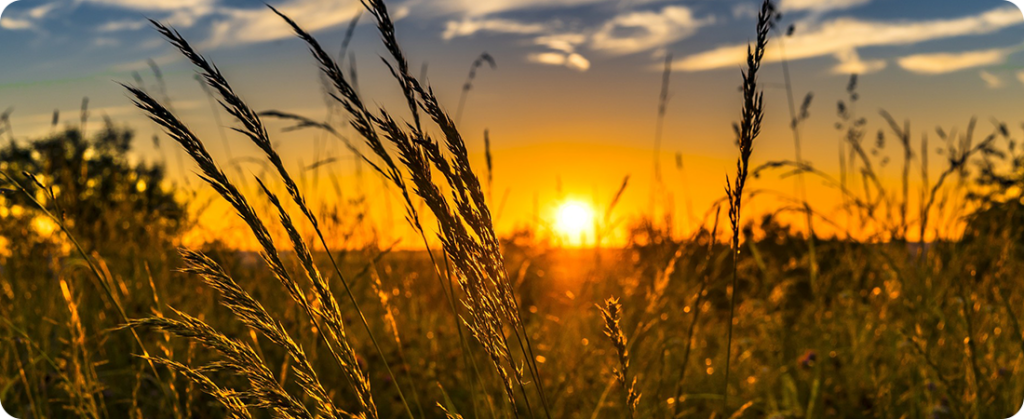
Sales of Argentina's next wheat crop are at their slowest pace in seven years, delayed by farmers awaiting heavier rains and betting on the outcome of the country's October 22 presidential election, with some candidates promising tax cuts on exports. of grains.
Argentina, a major exporter of wheat, along with soy and corn, registered just 1.51 million tons of presales for the next 2023/24 harvest through September 13, according to the latest government data released this week, the slowest pace since 2016/17 and a sharp drop compared to the last years.
This number compares to the 5.28 million tons recorded on almost the same date in 2022/23, according to the agriculture secretariat.
“Low sales are partly due to political uncertainty regarding the new government,” said Miguel Cane, president of grain chamber ArgenTrigo. A new government will take office in December, with three main candidates vying for victory.
“There is speculation that taxes may be reduced a bit for harvest time,” Cane added. Two of the three main presidential candidates have committed to eliminating wheat export tariffs, currently set at 12%.
They are the conservative Patricia Bullrich and the libertarian “outsider” Javier Milei, currently in the leadership. They face the ruling party's economics chief, Sergio Massa, who has made no such promise.
The Buenos Aires Grain Exchange forecasts a 2023/24 wheat crop of 16.5 million tonnes, above the previous drought-hit crop but below the peak of 22.4 million tonnes in 2021/22.
Climate at play in wheat sales
The other factor holding back wheat sales is the weather, after a historic drought damaged harvests last year. The El Niño weather pattern has brought wetter weather. However, there are still wheat areas that require more water. Rains are expected in October.
Roberto Frigo is the president of an agricultural cooperative in Rosario de Tala, a wheat-producing town. Last year, some farmers made advance sales but faced difficulties when drought affected harvests. They could not fulfill their obligations.
“There’s a lot of anticipation about what’s going to happen with the climate,” he said. “You can get stuck in an advance sale agreement and not be able to stick to it.”
According to Frigo, the condition of the plants is mixed in the center of the province of Entre Rios, where Rosario de Tala is located, with areas of plantations in good condition and others in need of water.
Cane agreed that along with the drop in international wheat prices compared to last season, climate uncertainty is weighing on farmers as they wait for heavier rains.
A report released on Wednesday by the Rosario Grain Exchange said that heavier rains may only arrive “in the last days of September or the first days of October.”
Meanwhile, farmers like Frigo postpone sales.
“There are areas of land that are still complicated,” he said. “That is why we are waiting for the real harvest and also the inauguration of the new government. Both."
Source: Maximilian Heath | Notícias Agrícolas












